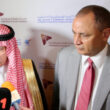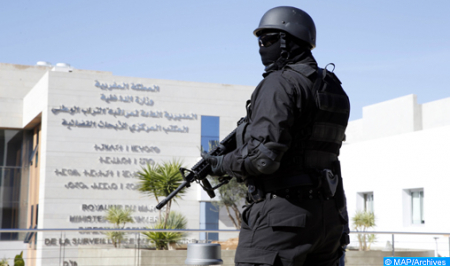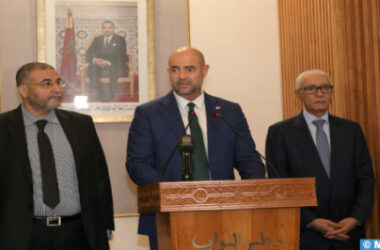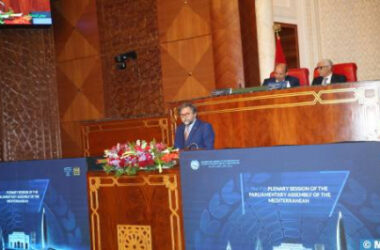“Morocco approaches counterterrorism and counter-radicalization in a more comprehensive manner than most countries by combining security measures, international partnerships, and CVE programs to address socioeconomic factors leading to radicalization,” said in an interview with MAP this former director of the program on transnational threats at the influential Center for Strategic and International Studies (CSIS) in Washington, where he conducted fieldwork in 75 countries.
In the wake of recent arrests by Moroccan security services of extremists affiliated with Daesh, Sanderson, who runs his own think tank, noted that Morocco’s neighbors are home to numerous violent extremist groups, stressing that the Kingdom’s multi-sector strategy is “essential” to eroding the appeal of violent extremist ideologies, and has resulted in a low number of terrorist incidents over the past several years.
He noted that Morocco’s approach to terrorism includes the work of the “well-regarded” Mohammed VI Institute for the Training of Imams, Mourchidines and Mourchidates in Rabat, where imams and preachers from across Africa are trained.
Referring to the cooperation between Washington and Rabat in various fields, the U.S. expert said “Morocco is one of America’s leading CT partners – a relationship built on respect and trust, information sharing, skill, and because of a long bilateral friendship that began more than two centuries ago.”
Morocco plays a very important role in multilateral CT and CVE bodies, including as co-chair of the Africa Focus Group within the Global Coalition to Defeat ISIS, recalled the expert, who is frequently invited by U.S. media and universities to speak on security issues.
He added that the Kingdom “plays a broader role in countering violent extremism by serving as a political, cultural, and geographic bridge between North America, Europe, Africa, and the Middle East.”
He concluded that the United States “benefits from Morocco’s position as one of the world’s true pivot points in counterterrorism and CVE.”
.










